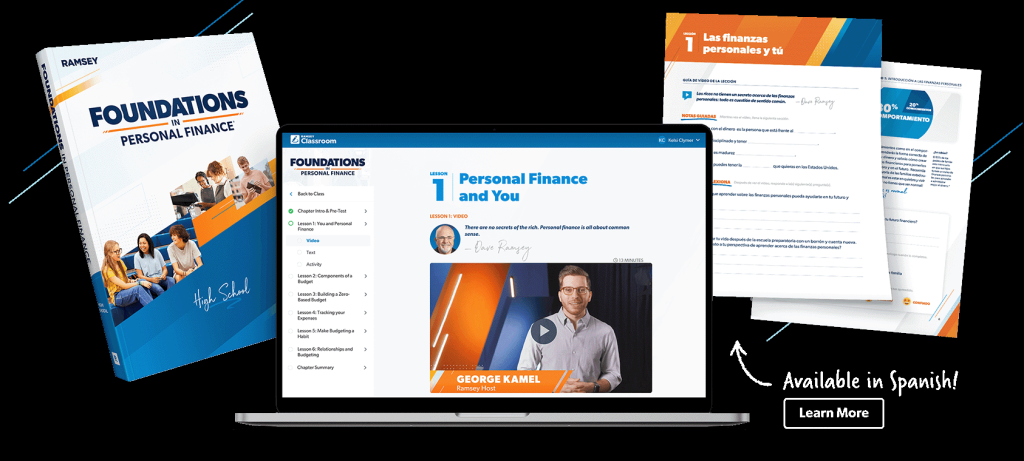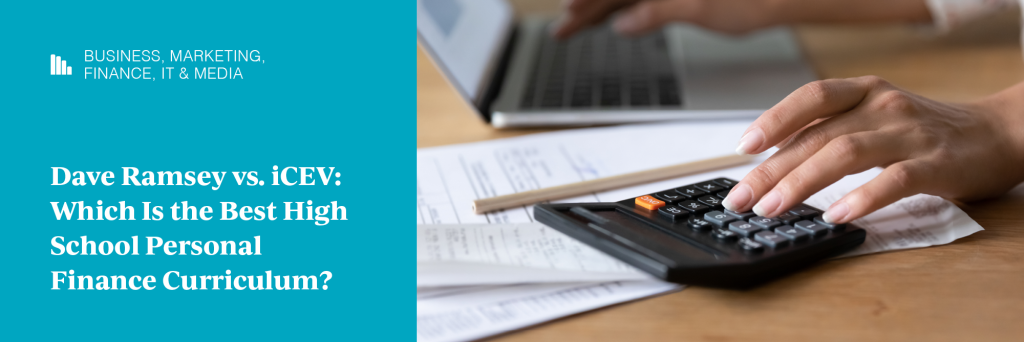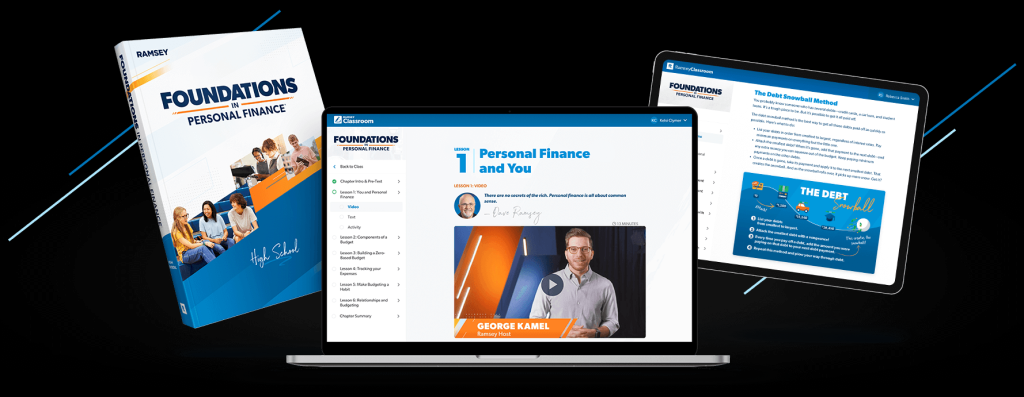Personal Finance High School Curriculum: Preparing Students for Financial Success
Greetings, Readers! In today’s fast-paced and ever-changing world, financial literacy has become an essential life skill. As young adults, it is crucial for high school students to learn how to manage their personal finances effectively. To address this need, many educational institutions are now incorporating personal finance into their high school curriculum. In this article, we will explore the importance of personal finance education in high schools and its impact on students’ financial well-being.
Introduction
In today’s society, financial decisions have a significant impact on an individual’s quality of life. However, many young adults lack the necessary knowledge and skills to make informed financial choices. This is where a personal finance high school curriculum comes into play. By introducing financial topics and teaching practical skills, high schools can equip students with the tools they need to navigate the complex world of finance.
A personal finance high school curriculum aims to empower students with essential financial knowledge, helping them develop the skills to manage their money wisely. It covers a wide range of topics, such as budgeting, saving, investing, credit management, and understanding financial institutions.
By incorporating personal finance into the high school curriculum, educational institutions are addressing a pressing need in today’s society. Students who receive financial education are more likely to make sound financial decisions, avoid debt, and plan for their futures.
Now let’s delve deeper into the various aspects of personal finance high school curriculum:
What is Personal Finance High School Curriculum?

Image Source: ramseysolutions.net
Personal finance high school curriculum refers to the set of educational materials and courses designed to teach high school students about financial management. It covers topics such as budgeting, saving, investing, credit management, and other essential financial concepts.
Why is it Important?
Personal finance education is crucial for high school students as it provides them with the skills and knowledge needed to navigate their financial lives successfully. Without proper financial education, students may struggle with managing their money, making informed financial decisions, and planning for their future.
Who Should Teach Personal Finance?
A well-rounded personal finance curriculum should be taught by qualified and knowledgeable educators who have expertise in the field of finance. These educators should have a solid understanding of financial concepts and the ability to effectively communicate them to students.
When Should Personal Finance be Taught?
Personal finance should be integrated into the high school curriculum as early as possible. By starting financial education at a young age, students have more time to develop good financial habits and make informed decisions before they enter adulthood.
Where Can Personal Finance Be Incorporated?
Personal finance can be incorporated into various subjects within the high school curriculum, such as mathematics, social studies, or business. By integrating financial concepts into existing subjects, students can see the practical applications of financial knowledge in different contexts.
Why is Personal Finance Education Beneficial?

Image Source: aeseducation.com
Personal finance education provides numerous benefits to high school students. It equips them with essential financial skills, such as budgeting, saving, and investing, which are crucial for their future financial success. Moreover, personal finance education helps students develop critical thinking skills, problem-solving abilities, and a better understanding of economic concepts.
How Can Personal Finance Be Taught Effectively?
Personal finance should be taught using a combination of theoretical knowledge and practical exercises. Interactive activities, case studies, and simulations can help students apply financial concepts to real-life situations, enhancing their understanding and engagement.
Advantages and Disadvantages of Personal Finance High School Curriculum
Like any educational program, personal finance high school curriculum has its advantages and disadvantages. Let’s explore both sides:
Advantages
Empowers students with essential financial knowledge and skills.
Helps students make informed financial decisions.
Prepares students for financial independence and adulthood.
Reduces the risk of financial mistakes and debt.
Instills good financial habits from a young age.
Disadvantages

Image Source: ramseysolutions.net
Additional strain on the curriculum and limited class time.
Requires qualified and knowledgeable educators.
May not cater to individual student’s financial needs.
Requires ongoing evaluation and updates to reflect changing financial landscapes.
May not receive sufficient support from educational institutions or policymakers.
Frequently Asked Questions (FAQs)
1. Is personal finance education only relevant for students planning to pursue careers in finance?
No, personal finance education is relevant for all high school students, regardless of their career aspirations. Financial literacy is a life skill that everyone should possess.
2. How can personal finance education benefit students in the long run?
Personal finance education equips students with the skills and knowledge needed to make informed financial decisions, avoid debt, and plan for their future financial goals.
3. Can personal finance education be integrated into other subjects?
Absolutely! Personal finance concepts can be incorporated into various subjects, such as mathematics, social studies, or business, to provide a more comprehensive understanding of financial management.
4. What role do parents play in personal finance education?
Parents play a crucial role in reinforcing personal finance education at home by encouraging good financial habits, discussing money matters, and setting an example of responsible financial behavior.
5. How can schools and educators ensure the effectiveness of personal finance education?
Schools and educators can ensure the effectiveness of personal finance education by regularly evaluating and updating the curriculum, providing ongoing support and training to teachers, and collaborating with financial institutions or experts.
Conclusion
In conclusion, personal finance high school curriculum is a vital component of education in today’s society. By equipping high school students with essential financial knowledge and skills, this curriculum prepares them for financial independence and success. Through a combination of theoretical learning and practical exercises, students can develop the necessary skills to make informed financial decisions and thrive in their personal and professional lives.
It is imperative that educational institutions and policymakers recognize the importance of personal finance education and provide the necessary support and resources to implement comprehensive personal finance high school curricula. By doing so, we can empower the next generation with the financial literacy they need to secure a prosperous future.
Disclaimer:
The information provided in this article is for educational purposes only and should not be considered as financial advice. It is always recommended to consult with a qualified financial professional for personalized guidance regarding your individual financial situation.